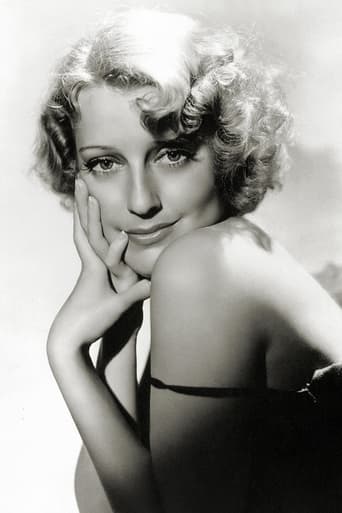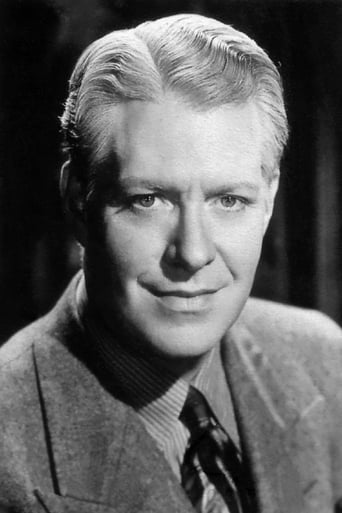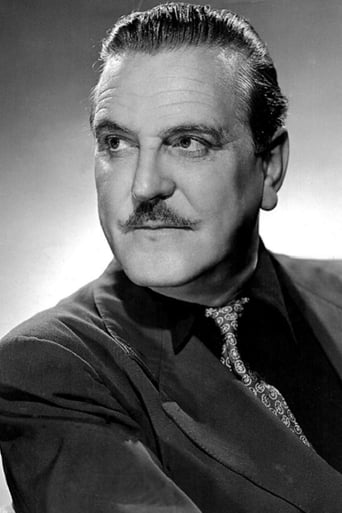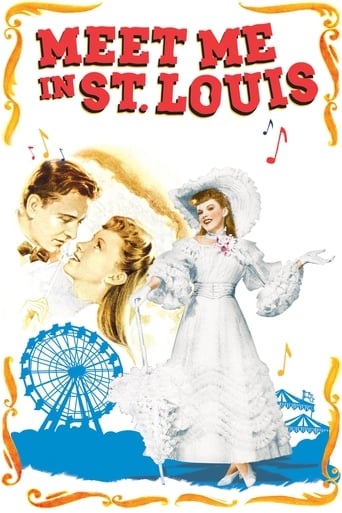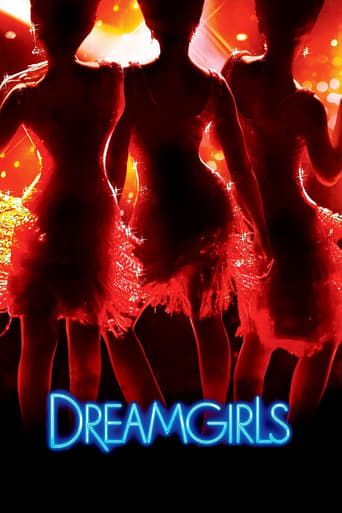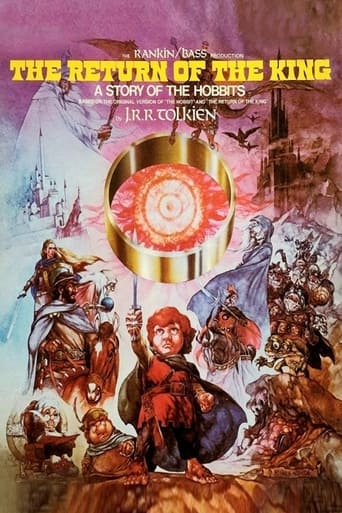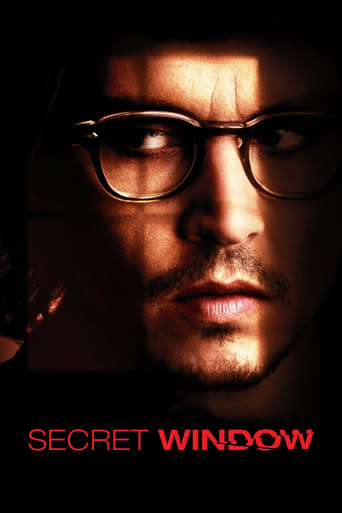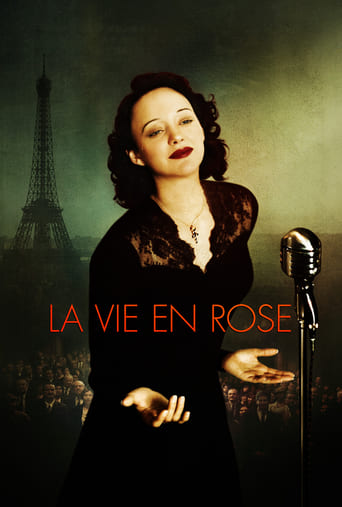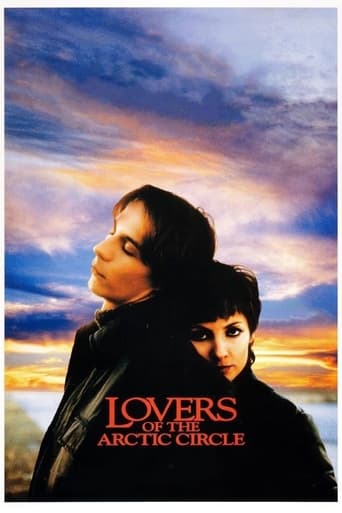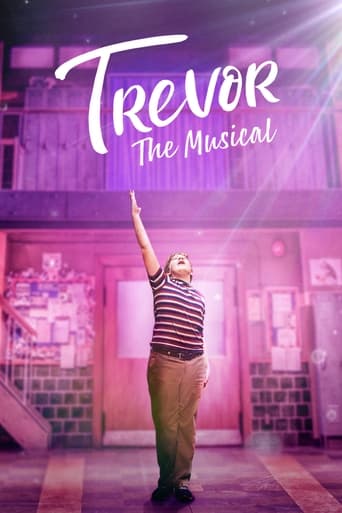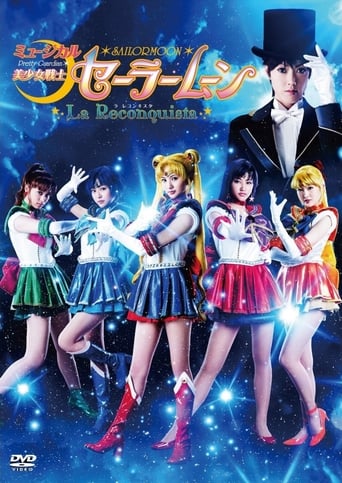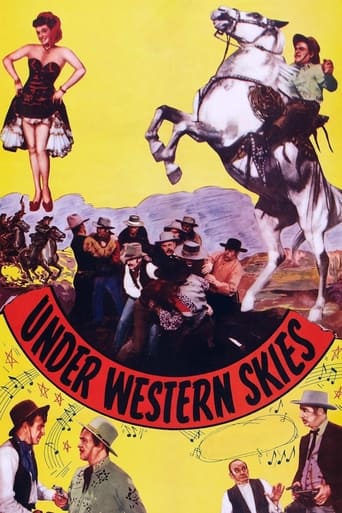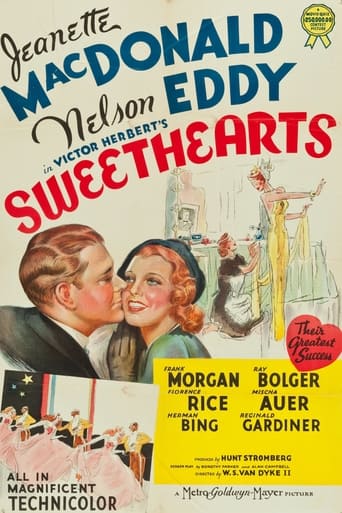
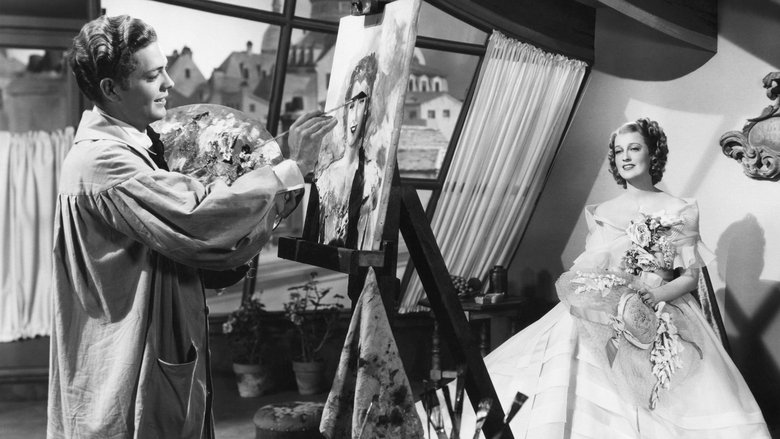
Sweethearts (1938)
Bickering husband-and-wife stage stars are manipulated into a break-up for publicity purposes.
Watch Trailer
Cast


Similar titles
Reviews
The film that started it all — the first of MGM's fabulously Technicolored musical comedies — and still one of the studio's Ten Best! A wittily diverting script, beautifully photographed, joined to Victor Herbert's "immortal melodies", enacted by a grand array of our favorite character players including Frank "Kiddies" Morgan and Herman "Budapest" Bing.MacDonald and Eddy were never more captivating or brightly presented, Van Dyke's pacey direction moves with a fluent slickness, production values are enjoyably lavish, while Slavko Vorkapich has created a remarkably inventive montage — a rare (perhaps unique?) accomplishment from the meticulously slow-working Technicolor laboratory. Sets, costumes are also exceptionally attractive in color, setting new standards for appealing opulence. In addition to all this visual gloss — and other smoothly professional technical credits including able sound recording and brisk film editing — there's that delightfully quip-witted, gently satirical Parker- Campbell script that provides such wonderfully comic opportunities for our gang of scene-stealing veterans. Playing their volatile roles with commendable enthusiasm and pungent relish, Morgan, Auer and Bing make merry with hilarious bickering, while Reginald Gardiner almost steals the show as a cynically persuasive Hollywood agent. In smaller parts, Walburn and Watson are delightful, Gene Lockhart has an amusingly memorable cameo and I must especially applaud Betty Jaynes and Douglas McPhail as the duplicate "Sweethearts".MacDonald and Eddy are not only in excellent collective voice, but for once are evenly matched — musically and dramatically. Eddy shares equally with MacDonald in most of their numbers except "Every Lover Must Meet His Fate" in which her participation is comparatively brief. However, he has a rousing solo, "On Parade", virtually to himself. MacDonald, on the other hand, is considerably up-staged by Ray Bolger (who, in this film — unlike his previous role in Rosalie — has nothing else to do but dance) in "Wooden Shoes". Both have ingenious production numbers and Eddy's dramatic gifts, which ran more naturally to light comedy than old-fashioned opera melodrama, are buoyantly serviced by the sprightly tattle-tale script. Although she preferred more dramatic roles, Jeanette MacDonald's "singing sweetheart" is no less charmingly vivacious. And both stars are handsomely served by Technicolor.I was going to conclude by observing that it was a shame MacDonald and Eddy didn't make more out-and-out comedies. But of course they did try again with "I Married An Angel" (1942), their final collaboration, which was not nearly so commercially successful. (It's a pity that you could only use the Campbells' ingenious show-within-a-show idea once. It was certainly a mighty clever way of jettisoning a creaky old operetta story while retaining its magnificently vibrant songs).
First the good: glorious Technicolor, Jeanette and Nelson in full voice, Ray Bolger's dancing and a fairly interesting story. Now the bad: the idea that a loving husband and wife could break up so suddenly and that the wife instantly assumes the worst and will not even listen to her, up until then wonderful, husband is a little far-fetched though I know it is important to the story. On top of that this is the first of their films that did not have one, to me, memorable song in it. Some decent songs, yes, but none that you hum or whistle after watching the movie. I know that I am in the minority here, but it isn't a film I will ever bother to watch again.
I liked this movie. I especially liked the colors and Jeannette's fabulous blue suit against her flaming red hair. Ray Bolger as the Dutch dancer in the beginning is just wonderful and hilarious, and his athletic moves still astound. He must have been eating some powerful breakfast cereal. All of the dancers in this scene are so perfect and entertaining. I also liked the the part where the 2nd-type Nelson and Jeannette are the second leg of the tour, and where Douglas MacPhail and Betty (his wife IRL) are interspersed in their Sweethearts roles. I enjoyed seeing Frank Morgan, and marvel at his calling himself old -- and yet he was only 48 in this movie. Was this his own white hair, or studio aging? Even in his Wizard of Oz, he has white hair and appears older and yet is not. Most of all in this movie, I like the singing of Jeannette and Nelson. 13/10.
In glorious Technicolor,the stars are probably at their best,exceeding such romances as "New Moon","Rose Marie" and the others. Production values are enormous,beginning with a dance by Ray Bolger to a Dutch background heightened in color by beds of tulips.They are just enough not to be overwhelming. Jean and Nelson are the stars in the film of the sixth year of the stage production of Victor Herbert's 1913 show "Sweethearts" and are being done to death by the importunities of radio,recording,and family demands. Frank Morgan is his usual perplexed and harassed self as the stage producer,Herman Bing and Misha Auer are in top form as a mutually fighting conductor and wannabe playwright. One delightful vignette is during her modelling session at a dressmaker's shop,where she shows off the various colors and styles for different occasions. One gem is Eddy's race,pursued by speed cops,in a taxi from recording studio to NBC radio (looking much then as now) where Jeanette awaits him,having just broadcast Herbert's "Badinage" ably accompanied with much panache by Dalies Frantz.Some of her old Lubitsch (Director "Merry Widow"et al.) sassiness comes out as she mimes with the audience, until Eddy arrives, looking like a naughty schoolboy,with sleeve pulled up arm' amid her tidying of his appearance. One of the nicest shots is down the staircase at their home during the duet of "Little Gray home in the West",one of the most sincere performances. Herbert Stothart deserves much credit for his arrangement of Herbert's melodies,the duets and the delightful continuous orchestrations of the sound track. I would certainly watch this masterpiece several times.


